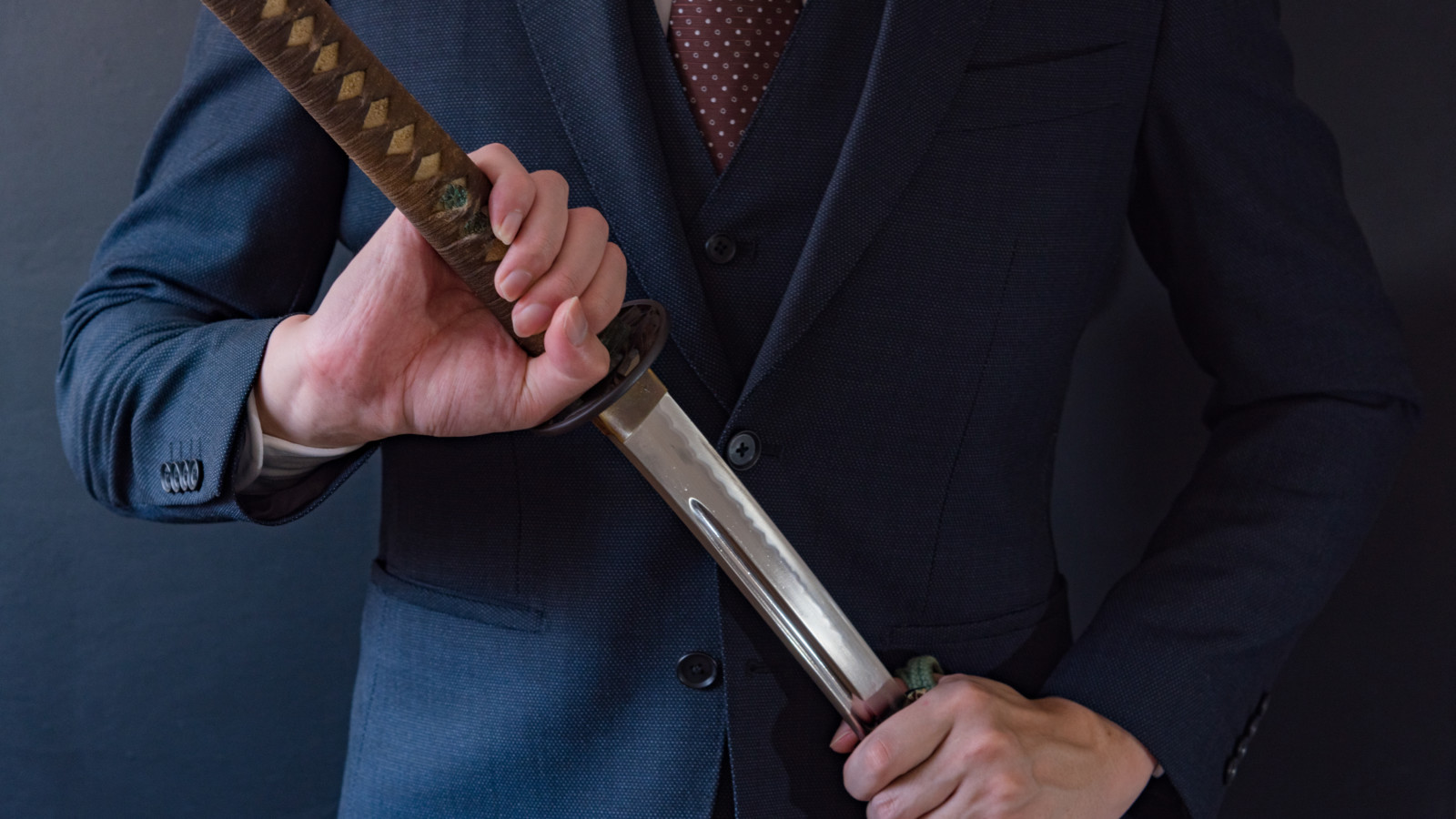In recent years, I’ve been practicing a Japanese sword fighting technique called “Shinkendo” – and I do it every single morning.
My work colleagues understand the drill by now: I won’t respond to any calls or messages until I’m done training. To some, this might sound extreme or even a little strange, but I can’t understate the value I find in this daily ritual. It helps me reflect, focus, and clear my mind of worry and clutter.
As someone with a multicultural background (I’m Hungarian by birth, I’ve studied in Canada, and I now live in the U.S. and Hungary), I find myself constantly shifting between different worlds. But I have a particular respect for and fascination with Japanese culture and aesthetics. There’s something innately appealing about the Japanese sense of reduction and simplicity; the notion of finding meaning in small connections.
This is a level of minimalism that’s largely lacking in Western society. All too often, we live in a perpetual state of urgency. The slightest setbacks or irritations take on a life of their own. You found a crack in your windshield. You stubbed your toe. The grocery store was out of watermelon. All these small frustrations can begin to add up.
Sword fighting is my way of cutting through all this noise.
Wisdom and peace in simplicity
For me, the beauty of practicing sword fighting is that it’s not escapism. It’s not about simply removing myself from important work-related responsibilities and decisions. Quite the contrary: It brings the situations I’m facing into sharper focus and crystalizes my perspectives.
Turning to this hobby that centers me in the face of conflict is much better than despairing about how to tackle a problem.
And, there are health benefits to boot. Part of this discipline involves focusing on your breathing and exhalations. That lowers your heart rate and blood pressure and brings you close to a state of meditation that’s even more restful than sleep.
Let your core principles ground and guide you
How do I apply this hobby and its benefits in my own life and work? Here are my top three guiding principles:
1. Don’t underestimate the value of tenacity and good, old-fashioned hard work
In the marketplace, just like in sword fighting, it’s not necessarily the most skilled or experienced who will win in the end. Often, it’s the ones who want to succeed the most. So, never give up, even on something that seems impossible.
But, you also have to be prepared to put in the work. Success won’t just happen. I think the recently retired First-Ballot-Hall-of-Fame shortstop for the New York Yankees, Derek Jeter, summed it up perfectly when he said: “There may be people that have more talent than you, but there’s no excuse for anyone to work harder than you do.”
2. Celebrate small successes
No matter how difficult a situation I find myself in, I never lose faith that I’ll find a path through it in the end. There’s always a way out. But, it may take time to get there, and it’s very possible there will be a few setbacks along the way.
Embrace the mantra that “practice makes perfect.” See failure as a form of constructive feedback. Build on small iterations in your quest for perfection and remember to take time out to celebrate each achievement, no matter how small.
3. Never compromise your integrity
A healthy dose of competitiveness never hurt anyone – and those who succeed never underestimate their opponents. That said, always be guided by your moral compass.
Those who practice martial arts know that the end goal is often about perfecting the move, not about the outcome of the actual strike. You’ll derive far more satisfaction from a job well done if you’ve acted with integrity and remained true to your core values. Often, the way you go about achieving something is more important than the result.
Order in disorder
It’s helpful to apply the Japanese principle of Wabi-sabi here, too, which pivots on the premise that all things are fundamentally disordered; there’s an inherent element of chaos in human existence that ultimately results in greater order down the road. The aesthetic is often described as one of appreciating the beauty that’s “imperfect, impermanent, and incomplete” in nature.
I think this view is relevant in the context of careers and job seeking. In our society, we grow up with so many predefined expectations: finish school, get a job, move on to the next, better job, and so on. But, it doesn’t have to be like that.
As someone who runs a business helping job seekers find their ideal position within a company, I can see a clear linkage between the Wabi-sabi approach to life and careers in general. Ultimately, I want my business to be the type of job board that motivates people to completely reimagine their career paths and be inspired by – not fearful of – exploring their next chapter.
If you’ve ever lost a job, you know that, at the time, it can feel like the worst thing ever. But, a few years later, in retrospect, you recognize that the loss was a blessing in disguise. We need to get to a point where we understand that those things that we can’t control – and even scare us – are OK, and they should be accepted and embraced. Hobbies that teach us discipline and help us focus are a great way to help us get there.


